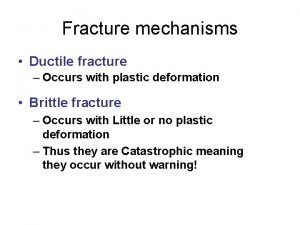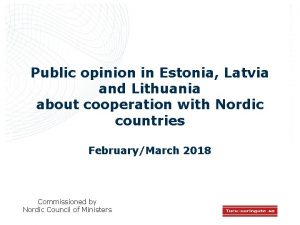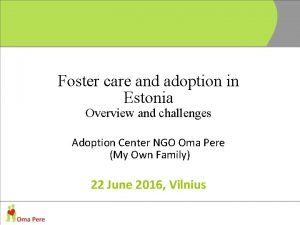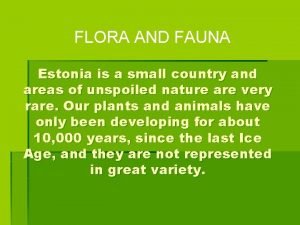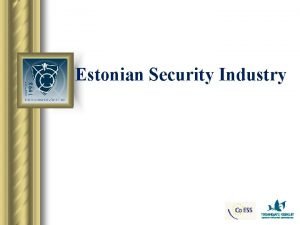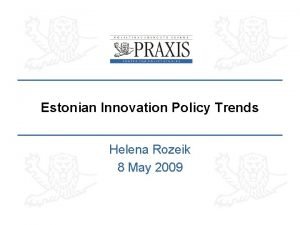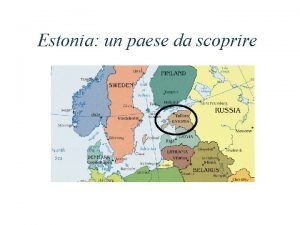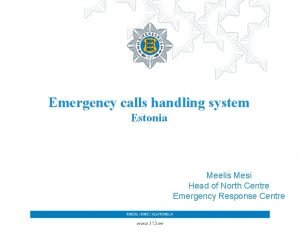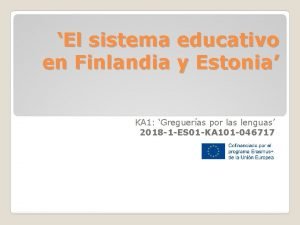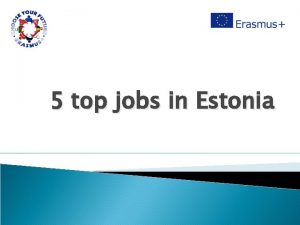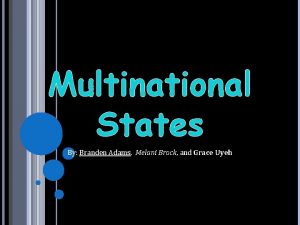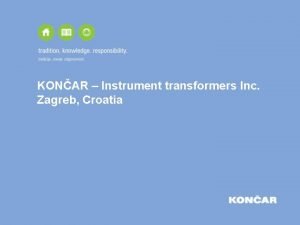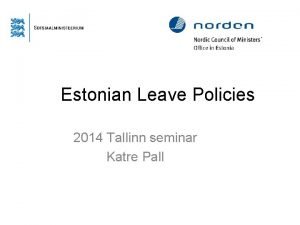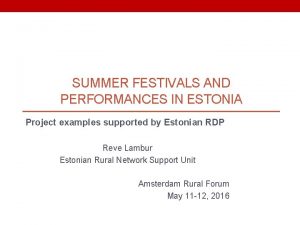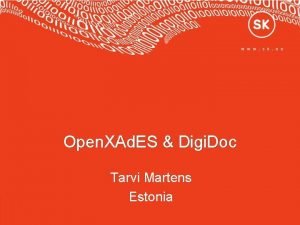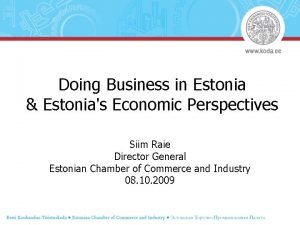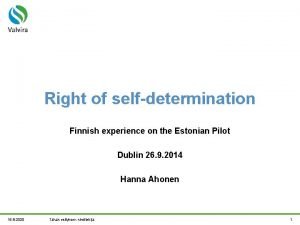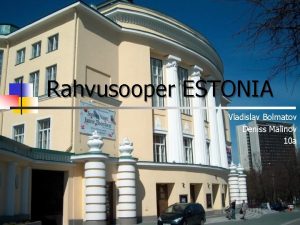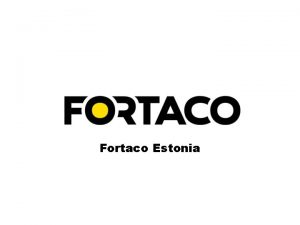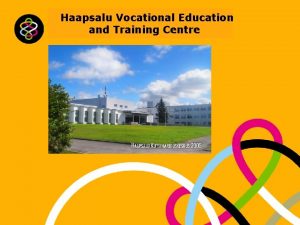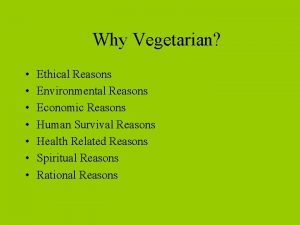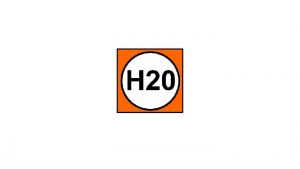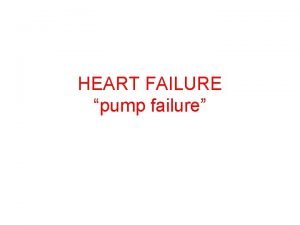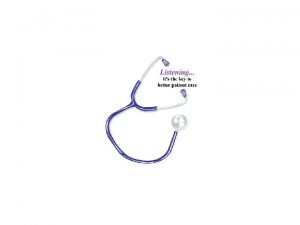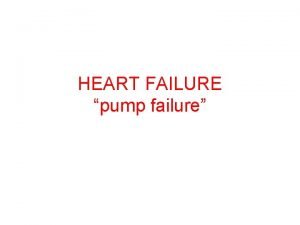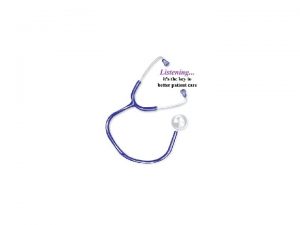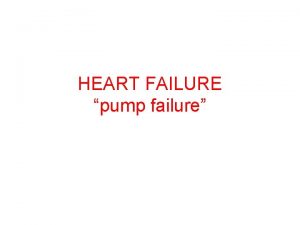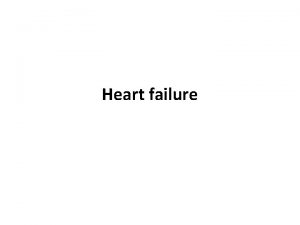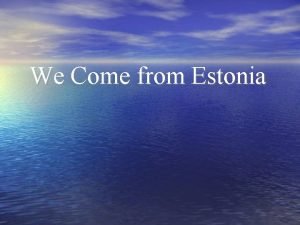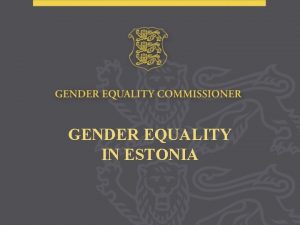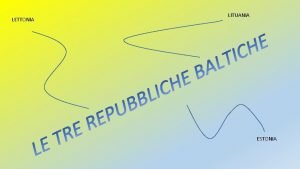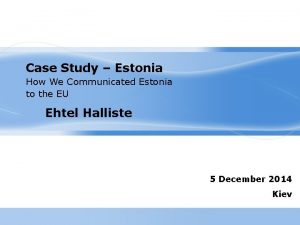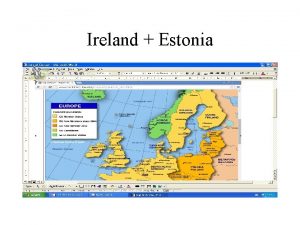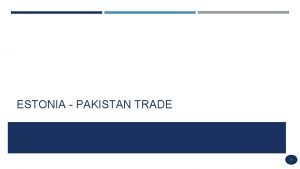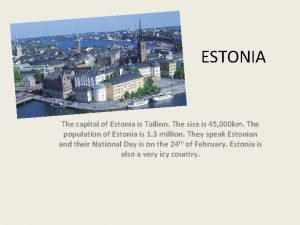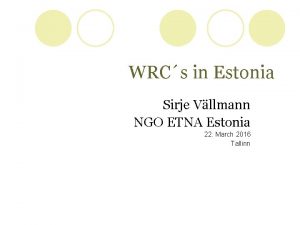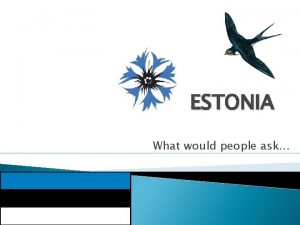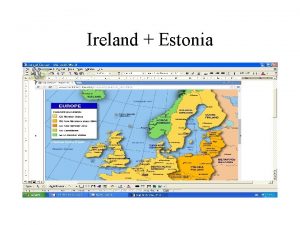Media education in Estonia reasons of a failure
























- Slides: 24

Media education in Estonia: reasons of a failure and success Kadri Ugur Institute of Social Studies University of Tartu

Educational system of Estonia • Mandatory education starts at 7 years and lasts 9 years or until pupil is 17 • Primary and secondary education is free of charge • High scores in PISA and TIMSS tests • Tertiary education is free for students (2013) • 88% adults have high school diploma or equivalent

Estonian youth in the internet • EU Kids Online II – All children in Estonia use Internet – 96% have broadband connection at home – 50% of our kids have had problems because of being too long online – 40% of children have experienced bullying or other online risks – Digital literacy is a little higher than in European average – Parental mediation is reactive, not proactive

ML in Estonian curricula • Cross-curricular theme since 2002 – Traditions to teach creating media texts as a part of classes of mother tongue – Possibility to teach 35 hours in gymnasium level as voluntary subject • 2011 national curriculum – CCT “Media education” => “Information environment” – Mandatory course “Media and influences” in gymnasium level Estonian

ME in school praxis • Everything depends on school’s will and teacher’s competency • No reports about reality of media education • Teacher’s understanding about media literacy varies greatly • Pupils are introduced to the media they do not use – Newspapers, TV-news, talk radio

Research program • “Implementation strategies of cross-curricular themes in Estonian schools” 2009 -2011 – Based on old national curricula • Representative sample of 10 schools • Several research instruments – – – Analysis of school’s curricula Interviews with schools’ stuff Teachers’ survey Pupils’ survey Lesson observations (only media education)

Results • Teachers interpret cross-curricular themes as natural part of educational process and do not reflect on their own actions or words. • Teachers do not feel ready to deal with media education. • Pupils are interested for media, but critical about the ways media is mentioned at school.

Why did we fail? • In 2011, media education as CCT was in weaker position than other CCT-s. – No prove of positive change since • Research did not explicitly reveal reasons of failure • Combination with other research results allows to make suggestions

Reason 1: lack of cognitive models • During pre-service education teachers have got no training for implementing CCT-s – How does teaching CCT differ from “time consuming chit-chat about what the kids saw in TV” • Attitudes towards media vary in generations and in persons – Is media worth of our attention?

Reason 2: overloaded curricula • System of assessment supports good factual knowledge, not critical thinking • Schools are rated by the results of standardized assessment • Teacher concentrate on what they assume will be asked in the tests

Reason 3: lack of critical reading competency • Traditional approach to texts is normative, not critical • Methodological mousetrap – if you teach kids to critically listen and read media, they will use that skill on you • Teacher’s inner insecurity

Reason 4: traditions • Literacy = reading and writing and that we can already • Media educations = writing news story + using internet • If we have one “media crazy” teacher at school, other teachers are “safe” • Media is connected to language, not to social sciences or arts

Reason 5: school culture • Teacher’s cooperation is not supported • What happens in the classroom is defined by teacher’s choice and ability, not by pupil’s needs • The walls between subjects are too strong

Reason 6: different media usage • Generational gaps, differences in media usage • No reflection habits • Prejudices and misbelieves about media • Verbal vs visual processing?

Reason 7: text books • Media is “handled” in text books of many subjects – Mostly in out-dated key • Simplified concepts are spread constantly • Teachers are not able to correct printed misunderstandings – Media has changed since last textbook issue!

Course “Media and influence” • Gymnasium level Estonian • One compulsory + one semi-voluntary practical course – 35 + 35 hours • Teachers are NOT PREPARED to teach this course – Verbal vs audiovisual media, media production etc

Good practices • Schools have some free lesson resource and some freedom in curriculum development – Media is taught as voluntary subject in several schools by professionals • Under the name “media” you may find great variety of content – From history of journalism to multimedia production

Good vibes • Many media professionals are interested in teaching at schools • Courses at bachelor level – Media education in secondary school • Focused on media as cross-curricular theme – Media education in gymnasium • Focused on 35 hour course – Media didactics • Focused on media production and supportive editing

School media • Long traditions of school newspapers and radio • NMK (Youth’s media club) production camps • Other forms of non-formal education • Separate projects and competitions for motivated students

Changing teacher education • Communication skills are trained, not lectured • Mediated communication is considered • Media didactics is still missing in preservice training • Audiovisual training techniques are used – Possible positive influence

In-service training • Association of Media Educators – NGO – Lack of resources and devoted people • New national curricula = endless amount of courses for teachers

“Circle of life” or the way out? Reflection of teaching practices and media literacy Media education in the context in formal education and lifelong learning Curriculum development, methodology, teacher education Research of media usage practices; educational studies Political decisions on national level

Suggestions • Media education must be built up based on pupils’ needs and media experiences, not from teachers’ competence or existing text books. • Creating cognitive schemas during preservice training of teachers

Sources • National curricula – http: //www. hm. ee/index. php? 1512622 – http: //www. hm. ee/index. php? 1512619
 Failure to capture vs failure to sense ecg
Failure to capture vs failure to sense ecg Failure to pace vs failure to capture
Failure to pace vs failure to capture Ductile failure example
Ductile failure example Estonia innovation
Estonia innovation Estonia innovation
Estonia innovation Estonia adoption
Estonia adoption Estonia innovation
Estonia innovation Estonia flora e fauna
Estonia flora e fauna 340122
340122 Estonia innovation
Estonia innovation Idrografia estonia
Idrografia estonia Mesi vs estonia
Mesi vs estonia Sistema educativo estonia
Sistema educativo estonia Estonia accountant
Estonia accountant Naufragio estonia
Naufragio estonia Largest multinational states
Largest multinational states Estonia main exports
Estonia main exports Study leave in estonia
Study leave in estonia Lantern festival estonia
Lantern festival estonia Peace child estonia
Peace child estonia Digidoc estonia
Digidoc estonia Estonia ease of doing business
Estonia ease of doing business Sobukai estonia
Sobukai estonia Estonia 26-9
Estonia 26-9 Rahvusooper estonia näitlejad
Rahvusooper estonia näitlejad


